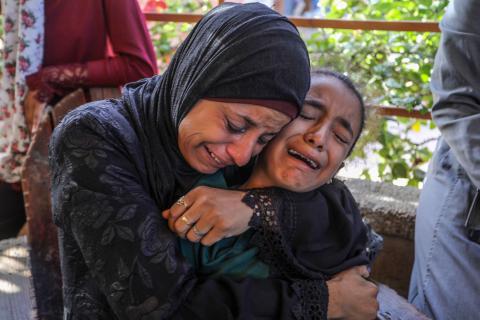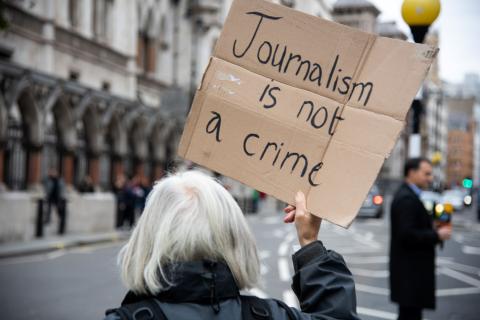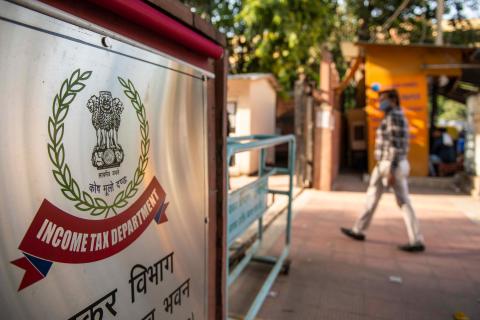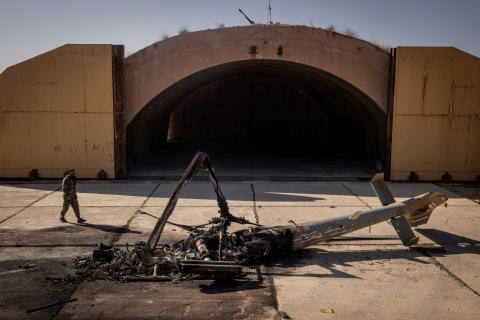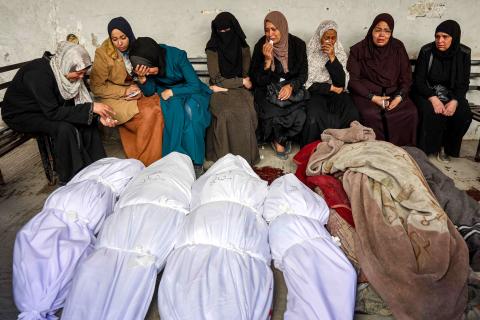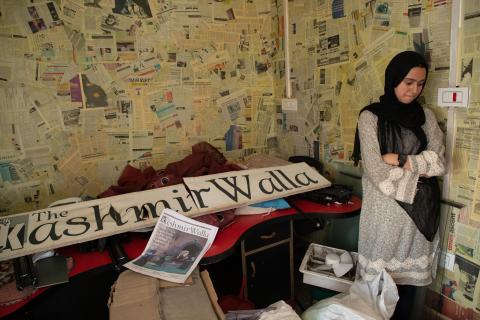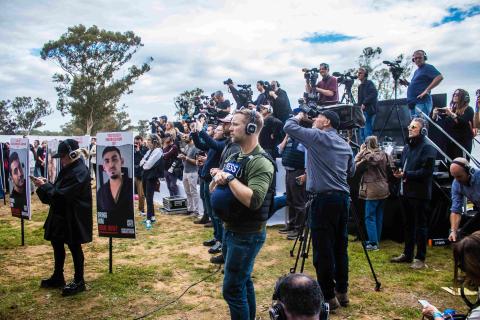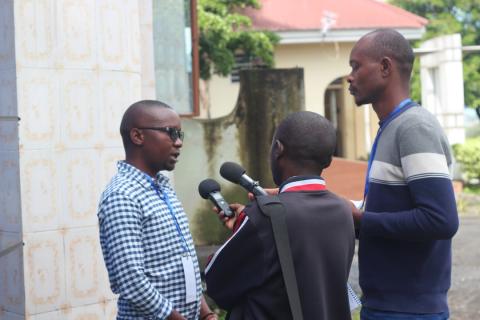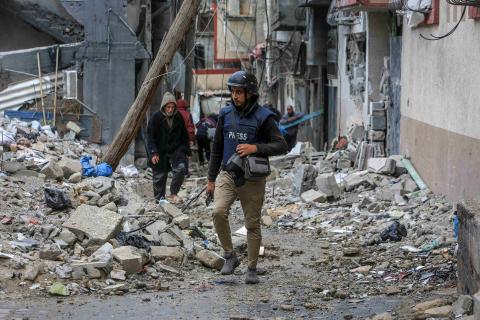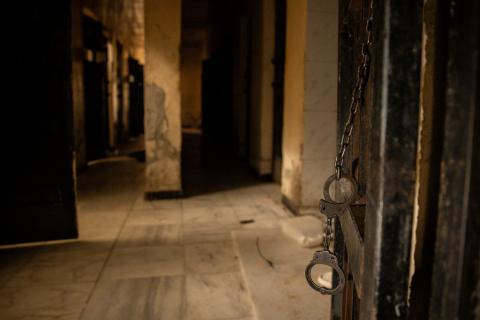Al Jazeera Journalism Review
Verifying Information Is Not Just a Technical Process
From Context Manipulation to AI-Driven Digital Campaigns, Fact-Checkers Strive to Adapt to New Strategies and Methods of Fake and Misleading News Aimed at Constructing “Alternative Narratives.”
On International Fact-Checking Day, colleague Hassan Khodary presents the experience of Sanad, Al Jazeera’s fact-checking agency, with a particular focus on its work in tracking the falsehoods within the Israeli narrative surrounding the genocide against Palestine.

Revisioning Journalism During a Genocide
Western media’s coverage of the Gaza genocide has revealed fundamental cracks in the notion of journalistic objectivity. Mainstream outlets have frequently marginalized or discredited Palestinian perspectives, often echoing narratives that align with Israeli state interests. In stark contrast, Palestinian journalists—reporting from within a besieged landscape—have become frontline truth-tellers. Through raw, emotional storytelling, they are not only documenting atrocities but also redefining journalism as a form of resistance and a reclaiming of ethical purpose.

How Media Drives Collective Adaptation During Natural Disasters in Oman
This paper highlights how Omani media, during times of natural disasters, focused on praising government efforts to improve its image, while neglecting the voices of victims and those affected by the cyclones. It also examines the media’s role in warning against and preventing future disasters.

Journalist Testimonies on Western Media Coverage of the Gaza War: The Other Narrative
In this article, we compile testimonies from journalists who have criticised their own media institutions as documented in reports, letters, or interviews. Most spoke anonymously out of fear of repercussions—because freedom of expression appears protected only until it reaches the borders of Israel. At that point, constraints emerge, editorial policies shift, and the system of double standards is activated.

Is India Targeting Independent Media Through Tax Status Revocation?
In a move that’s sent shockwaves through India’s independent media landscape, tax authorities have revoked The Reporters’ Collective's non—profit status, claiming journalism doesn’t serve a “public purpose.” Critics warn this unprecedented action, echoed in similar crackdowns on other outlets, is part of a broader campaign to throttle investigative journalism and stifle dissent financially.
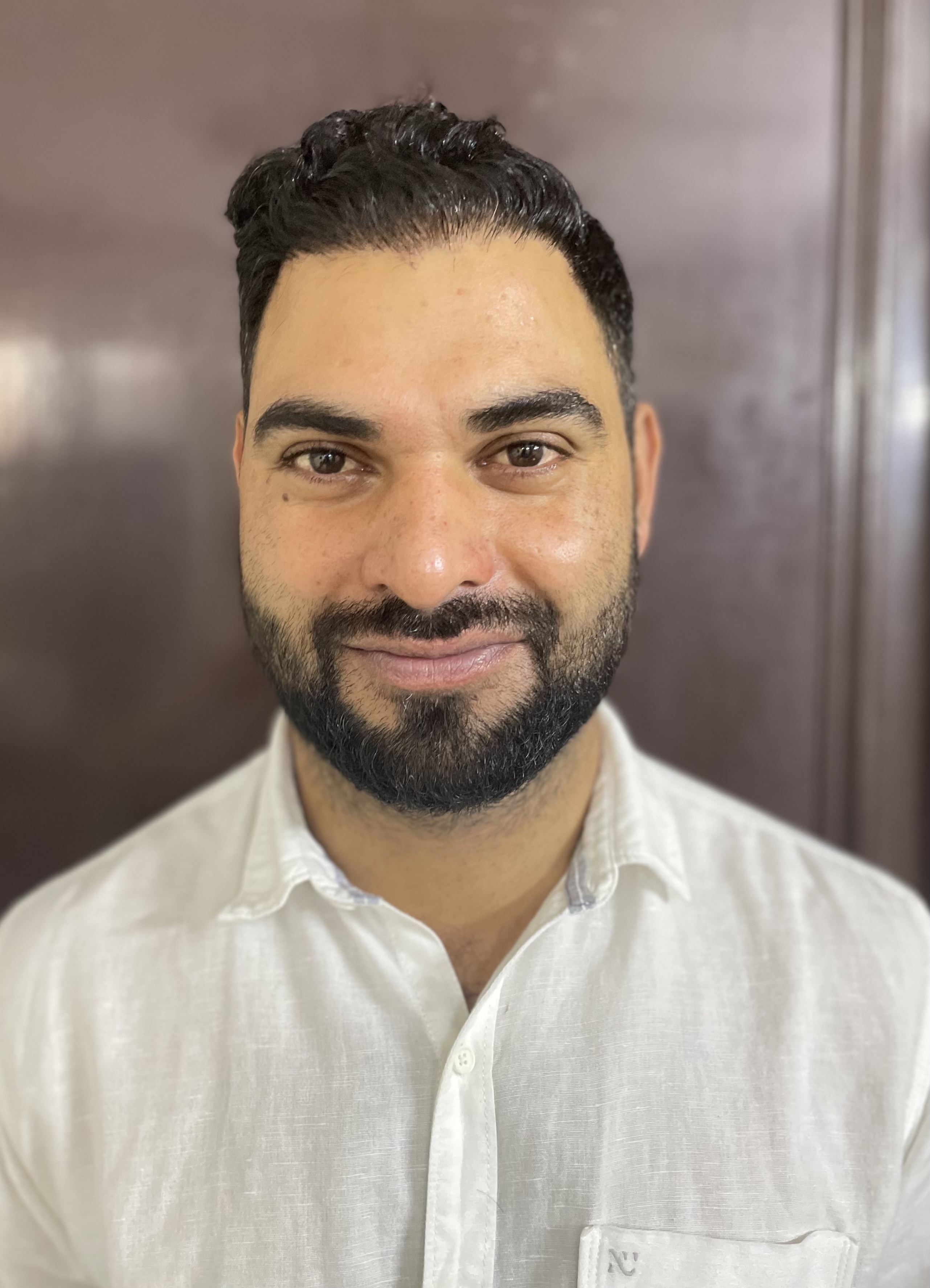
Western Media Bias and Complicity with Israel is Beyond Borders
Once again, Western media framed civilians within the context of "collateral damage" while covering Israeli attacks on Syria. The language of international law was absent, and the tragedy of civilians affected by military strikes was completely obscured, while justifications and cover for the occupation prevailed under the banner of "maintaining national security."

Systematic Bias: How Western Media Framed the March 18 Massacre of Palestinians
On March 18, Israel launched a large-scale assault on Gaza, killing over 412 Palestinians and injuring more than 500, while Western media uncritically echoed Israel’s claim of “targeting Hamas.” Rather than exposing the massacre, coverage downplayed the death toll, delayed key facts, and framed the attacks as justified pressure on Hamas—further highlighting the double standard in valuing Palestinian lives.

Rise and Fall of Kashmir’s First Independent Magazine, Kashmir Walla
Jailed, silenced, and erased—how a fearless journalist built Kashmir’s most vital independent news platform, only to see it brutally shut down by the state. The Kashmir Walla, known for its bold coverage of politics, conflict, and human rights, became too powerful to ignore—so they ensured it disappeared.

Misinformation in Syria: Natural Chaos or Organised Campaign?
Old videos inciting “sectarian strife,” statements taken out of context attacking Christians, scenes of heavy weaponry clashes in other countries, fabricated stories of fictitious detainees, and a huge amount of fake news that accompanied the fall of Bashar al-Assad’s regime: Is it the natural chaos of transition or a systematic campaign?

Trump and the Closure of USAID: A Candid Conversation on "Independent Media"
The impact of U.S. President Donald Trump's decision to halt foreign funding through the U.S. Agency for International Development (USAID) on Arab media platforms has largely gone undiscussed. Some of these platforms have consistently labelled themselves as "independent" despite being Western-funded.
This article examines the reasons behind the failure of economic models for Western-funded institutions in the Arab world and explores the extent of their editorial independence.
The Sharp Contrast: How Israeli and Western Media Cover the War on Gaza
Despite being directly governed by Israeli policies, some Israeli media outlets critically report on their government’s actions and use accurate terminology, whereas Western media has shown complete bias, failing to be impartial in its coverage of Israel’s aggression in Gaza.

Journalists in DR Congo Face New Threats, Censorship in a Decades-long Conflict
Countless journalists have been arbitrarily arrested, kidnapped or have disappeared in the fog of the protracted war tearing the eastern Democratic Republic of Congo apart. The renewed M23 offensive augurs a more uncertain future for these ‘soldiers of the pen’.

International Media Seek Gaza Access; What Do Palestinian Journalists Say?
As international media push for access to Gaza, Palestinian journalists—who have been the primary voices on the ground—criticize their Western counterparts for failing to acknowledge their contributions, amplify their reports, or support them as they risk their lives to document the war. They face systemic bias and exploitation, and continue to work under extreme conditions without proper recognition or support.

Journalism and Artificial Intelligence: Who Controls the Narrative?
How did the conversation about using artificial intelligence in journalism become merely a "trend"? And can we say that much of the media discourse on AI’s potential remains broad and speculative rather than a tangible reality in newsrooms?

The Whispers of Resistance in Assad’s Reign
For more than a decade of the Syrian revolution, the former regime has employed various forms of intimidation against journalists—killing, interrogations, and forced displacement—all for a single purpose: silencing their voices. Mawadda Bahah hid behind pseudonyms and shifted her focus to environmental issues after a "brief session" at the Kafar Soussa branch of Syria’s intelligence agency.
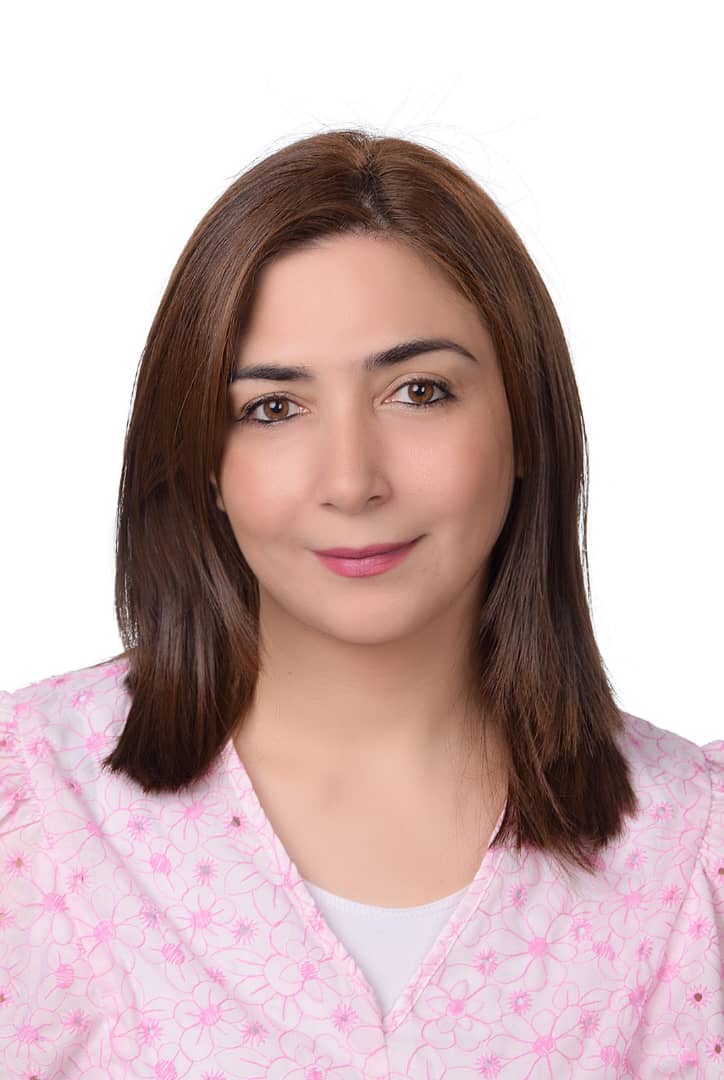
Culture of silence: Journalism and mental health problems in Africa
The revealing yet underreported impact of mental health on African journalists is far-reaching. Many of them lack medical insurance, support, and counselling while covering sensitive topics or residing in conflicting, violent war zones, with some even considering suicide.

Tweets Aren’t News: Why Journalism Still Matters
Twitter, once key for real-time news, has become a battleground of misinformation and outrage, drowning out factual journalism. With major newspapers leaving, the challenge is to remind audiences that true news comes from credible sources, not the chaos of social media.

Will Meta Become a Platform for Disinformation and Conspiracy Theories?
Meta’s decision to abandon third-party fact-checking in favor of Community Notes aligns with Donald Trump’s long-standing criticisms of media scrutiny, raising concerns that the platform will fuel disinformation, conspiracy theories, and political polarization. With support from Elon Musk’s X, major social media platforms now lean toward a "Trumpian" stance, potentially weakening global fact-checking efforts and reshaping the online information landscape.

Charged with Being a Journalist in Sudan
Between the barricades of the conflicting parties, sometimes displaced, and sometimes hiding from bullets, journalist Iman Kamal El-Din lived the experience of armed conflict in Sudan and conveyed to Al-Sahafa magazine the concerns and challenges of field coverage in a time of deception and targeting of journalists.
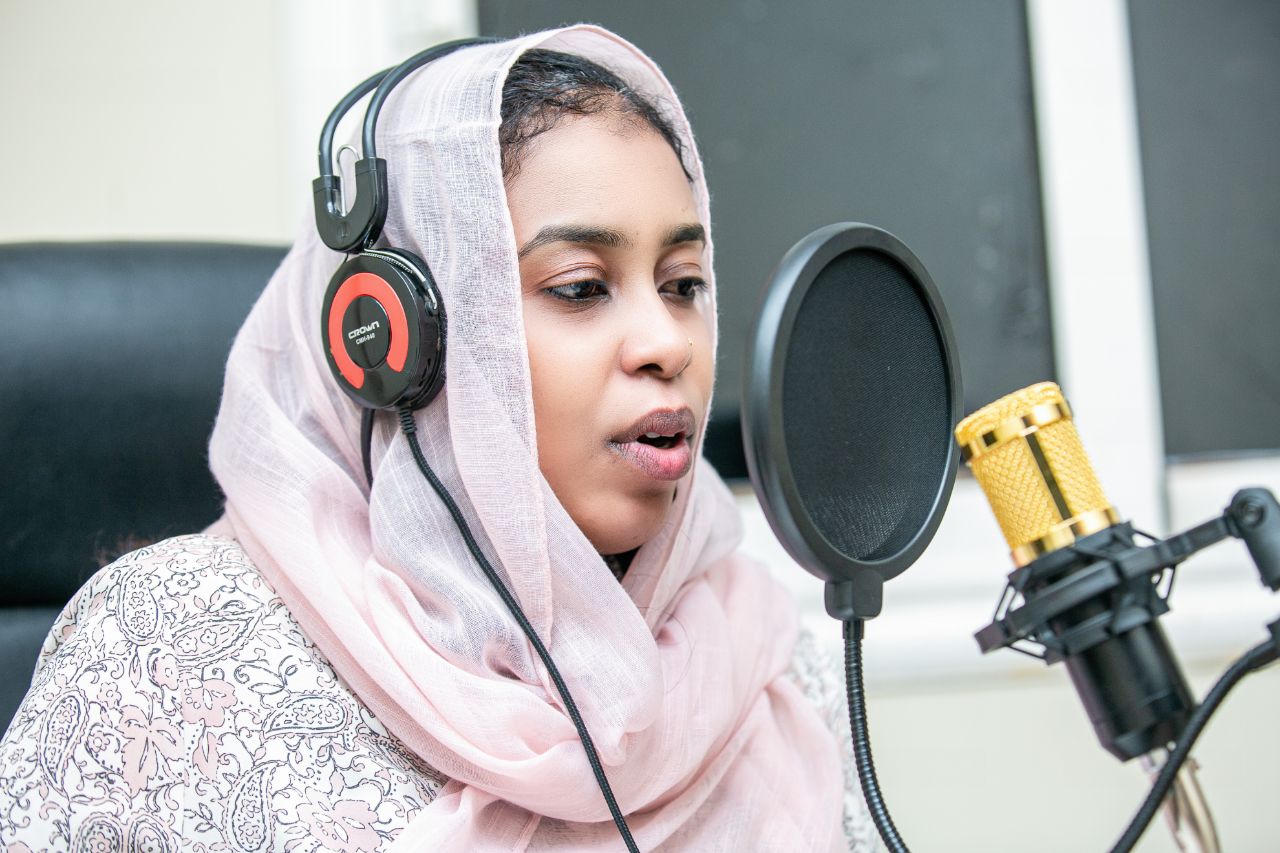
Sports Photojournalism in Cameroon: A Craft at Risk in the Digital Age
Sports photojournalists in Cameroon face growing challenges, from the rise of mobile photography and content creators to financial struggles, piracy, and a widespread expectation for free images. Despite these obstacles, professionals emphasise the need for innovation, investment in training, and greater respect for their craft to ensure the survival of photojournalism in a rapidly evolving digital landscape.

The Occupation’s War on Journalism in the West Bank
Every day here is a turning point; every moment, every step outside the house could mean returning safely—or not. A journalist may be injured or arrested at any time.” This statement by journalist Khaled Bdeir succinctly captures the harsh reality of practicing journalism in the West Bank, particularly after October 7.


